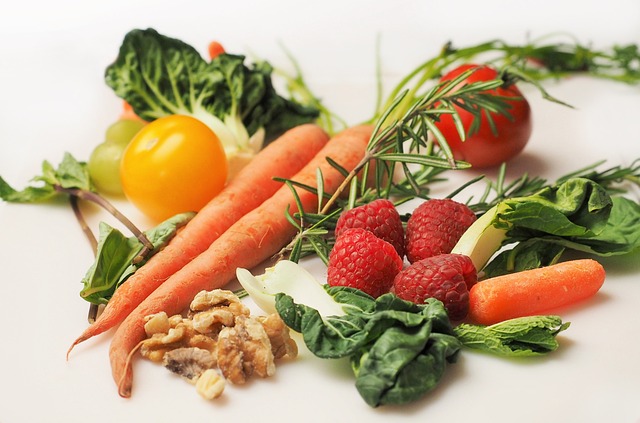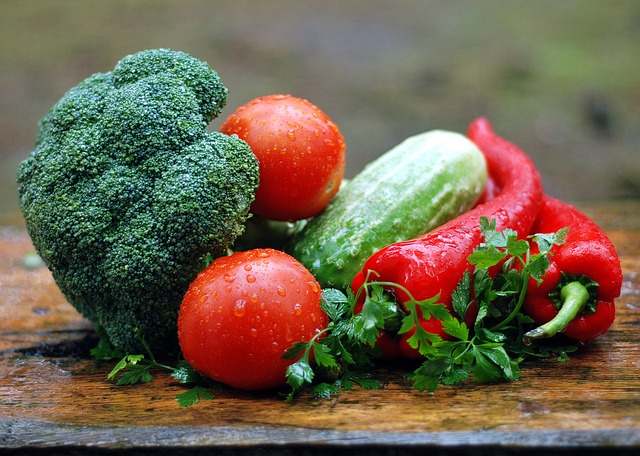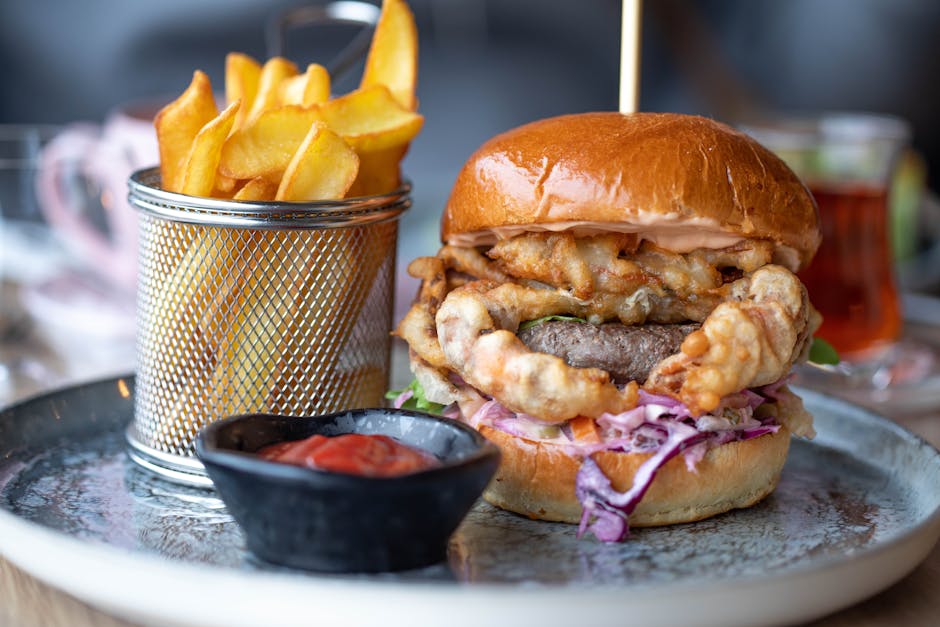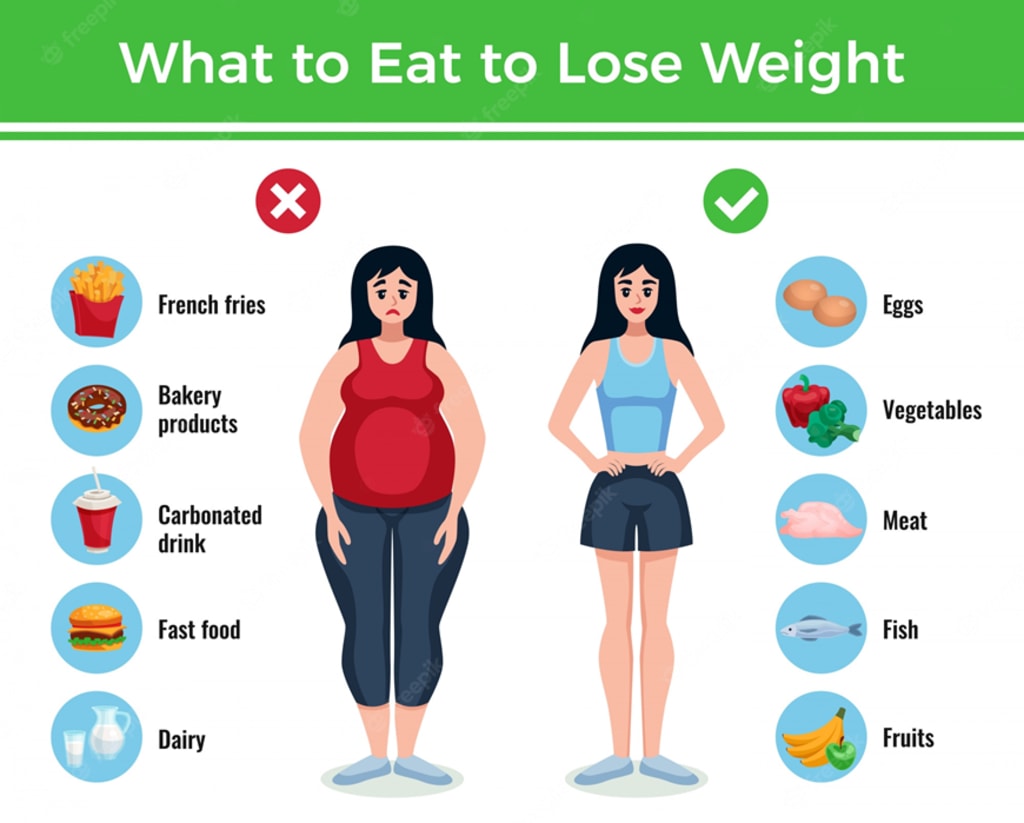Vegan Diet
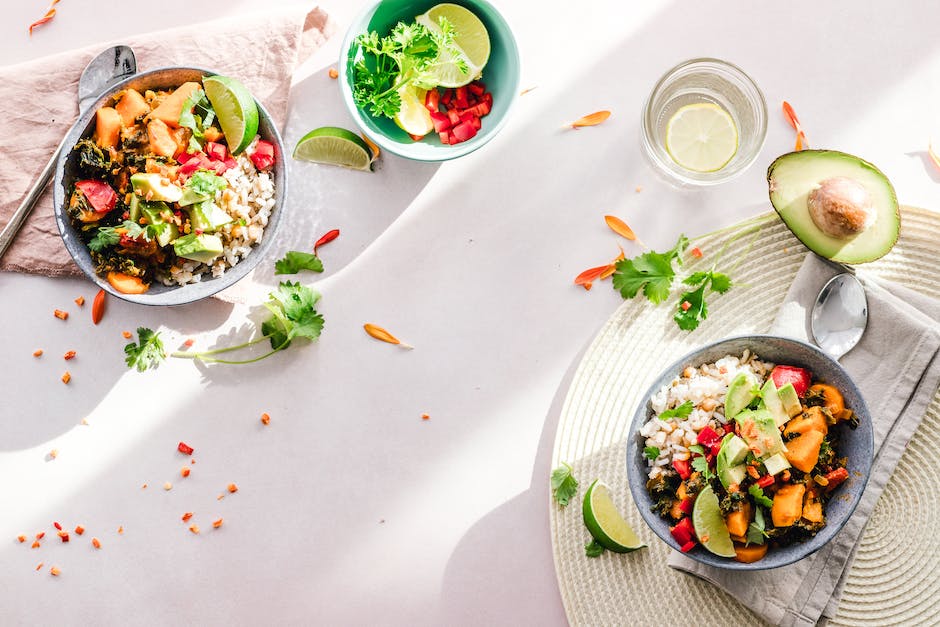
Low carb Diet
Benefits of a Vegan Diet for Weight Loss
Are you looking to shed some extra pounds and improve your overall health? Have you considered trying a vegan diet? Many people are turning to plant-based eating as a way to lose weight and feel better in their bodies. In this article, we will explore the benefits of a vegan diet for weight loss and how it can help you achieve your health goals.
One of the main reasons why a vegan diet is effective for weight loss is because it is typically lower in calories than a diet that includes meat and dairy products. Fruits, vegetables, whole grains, and legumes are all nutrient-dense foods that are lower in calories and higher in fiber, which can help you feel full and satisfied without overeating. By focusing on these plant-based foods, you can naturally reduce your calorie intake and promote weight loss.
In addition to being lower in calories, a vegan diet is also free of saturated fats and cholesterol, which are commonly found in animal products. These unhealthy fats can contribute to weight gain and increase your risk of heart disease and other chronic conditions. By eliminating these fats from your diet, you can improve your overall health and support your weight loss goals.
Another benefit of a vegan diet for weight loss is the emphasis on whole, unprocessed foods. Many vegan foods are rich in vitamins, minerals, and antioxidants that can support your metabolism and help your body function optimally. By eating a variety of colorful fruits and vegetables, you can nourish your body with essential nutrients that can promote weight loss and overall well-being.
Furthermore, a vegan diet can also help you develop healthier eating habits and improve your relationship with food. By focusing on plant-based foods, you can learn to listen to your body’s hunger and fullness cues and make mindful choices about what you eat. This can help you break free from emotional eating and develop a more positive relationship with food that supports your weight loss journey.
Transitioning to a vegan diet can also introduce you to new flavors and culinary experiences that can make eating healthy more enjoyable. There are countless delicious vegan recipes available that can satisfy your taste buds and keep you excited about your meals. By exploring new foods and flavors, you can expand your palate and discover a whole new world of plant-based eating that can support your weight loss goals.
In conclusion, a vegan diet can be a powerful tool for weight loss and overall health. By focusing on nutrient-dense plant-based foods, you can naturally reduce your calorie intake, eliminate unhealthy fats, and support your metabolism. Additionally, a vegan diet can help you develop healthier eating habits, improve your relationship with food, and introduce you to new flavors and culinary experiences. If you are looking to lose weight and improve your health, consider giving a vegan diet a try and see the positive impact it can have on your well-being.
Vegan Diet and its Impact on the Environment
Have you ever considered going vegan? Maybe you’ve thought about it for health reasons or ethical concerns about animal welfare. But have you ever thought about the impact a vegan diet can have on the environment? Let’s dive into how choosing a plant-based diet can help reduce your carbon footprint and benefit the planet.
One of the biggest ways a vegan diet can help the environment is by reducing greenhouse gas emissions. Animal agriculture is a major contributor to greenhouse gas emissions, with livestock accounting for a significant portion of methane and nitrous oxide emissions. By cutting out animal products from your diet, you can significantly reduce your carbon footprint and help combat climate change.
In addition to reducing greenhouse gas emissions, a vegan diet also helps conserve water. Animal agriculture is incredibly water-intensive, with livestock requiring large amounts of water for drinking, cleaning, and growing feed crops. By choosing plant-based foods, you can help conserve water resources and reduce the strain on our planet’s water supply.
Another environmental benefit of a vegan diet is the reduction of deforestation. The demand for animal products has led to widespread deforestation to make room for grazing land and feed crops. By choosing plant-based foods, you can help reduce the demand for these resources and protect vital ecosystems like rainforests.
Not only does a vegan diet help reduce environmental impact, but it also promotes biodiversity. Animal agriculture often leads to habitat destruction and loss of biodiversity as natural ecosystems are cleared to make way for livestock. By choosing plant-based foods, you can help preserve biodiversity and protect endangered species.
Transitioning to a vegan diet can seem daunting at first, but there are plenty of delicious and nutritious plant-based foods to enjoy. Fruits, vegetables, grains, legumes, nuts, and seeds are all staples of a vegan diet and can provide all the nutrients your body needs. Plus, there are plenty of vegan alternatives to your favorite animal products, like plant-based milks, cheeses, and meats.
If you’re looking to make a positive impact on the environment, consider incorporating more plant-based foods into your diet. Not only will you be helping to reduce greenhouse gas emissions, conserve water, and protect biodiversity, but you’ll also be promoting your own health and well-being. So why not give veganism a try and see the positive impact it can have on both your body and the planet?
How to Get Enough Protein on a Vegan Diet
So you’ve decided to go vegan, but now you’re wondering how to get enough protein on a plant-based diet. Don’t worry, you’re not alone! Many people have concerns about meeting their protein needs without consuming animal products. But the good news is that it’s totally possible to get all the protein you need from a vegan diet.
One of the best sources of protein for vegans is legumes. Beans, lentils, chickpeas, and peas are all excellent sources of protein and can be easily incorporated into your meals. Whether you’re making a hearty chili with black beans or a delicious hummus with chickpeas, legumes are a versatile and delicious way to boost your protein intake.
Another great source of protein for vegans is tofu and tempeh. These soy-based products are packed with protein and can be used in a variety of dishes. Whether you’re stir-frying tofu with vegetables or marinating tempeh for a BBQ sandwich, these plant-based proteins are sure to satisfy your cravings.
Nuts and seeds are also excellent sources of protein for vegans. Almonds, walnuts, chia seeds, and hemp seeds are all rich in protein and can be sprinkled on top of salads, oatmeal, or yogurt for an extra boost. Nut butters, such as almond butter or peanut butter, are also great options for adding protein to your diet.
Whole grains, such as quinoa, brown rice, and oats, are another important source of protein for vegans. These grains are not only high in protein but also provide essential nutrients like fiber and vitamins. Whether you’re enjoying a quinoa salad or a bowl of oatmeal for breakfast, whole grains are a delicious and nutritious way to get your protein fix.
If you’re looking for a quick and easy way to increase your protein intake, protein powders can be a convenient option. There are many plant-based protein powders available on the market, such as pea protein, rice protein, and hemp protein. These powders can be added to smoothies, oatmeal, or baked goods for an extra protein boost.
It’s important to remember that variety is key when it comes to getting enough protein on a vegan diet. By incorporating a wide range of plant-based protein sources into your meals, you can ensure that you’re meeting your protein needs while enjoying a diverse and delicious diet.
In conclusion, getting enough protein on a vegan diet is totally achievable with a little planning and creativity. By including legumes, tofu, tempeh, nuts, seeds, whole grains, and protein powders in your meals, you can easily meet your protein needs while enjoying a plant-based lifestyle. So go ahead and experiment with different protein sources to find what works best for you – your body will thank you for it!




